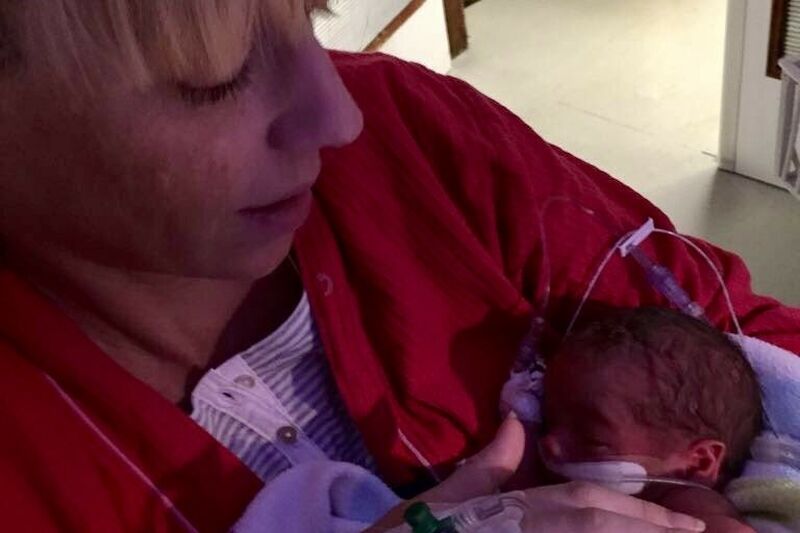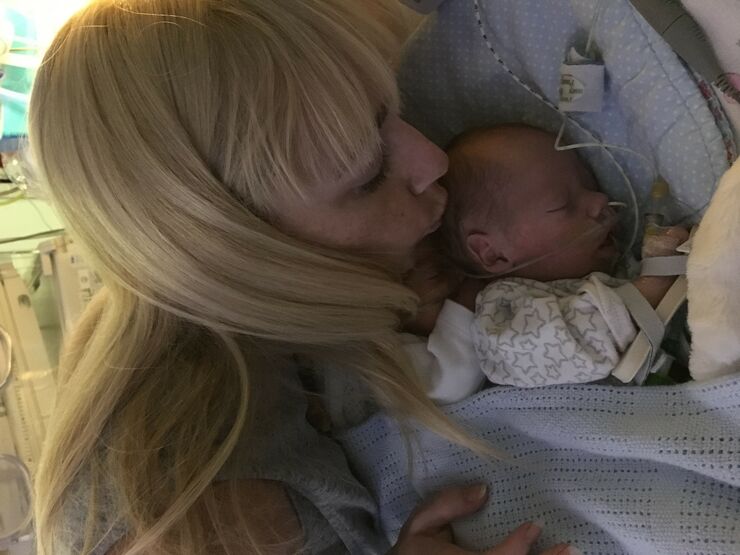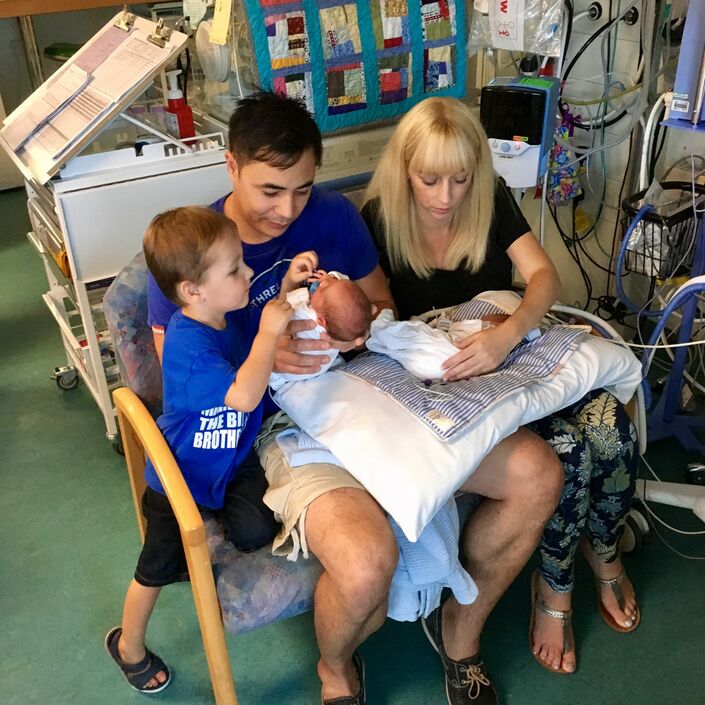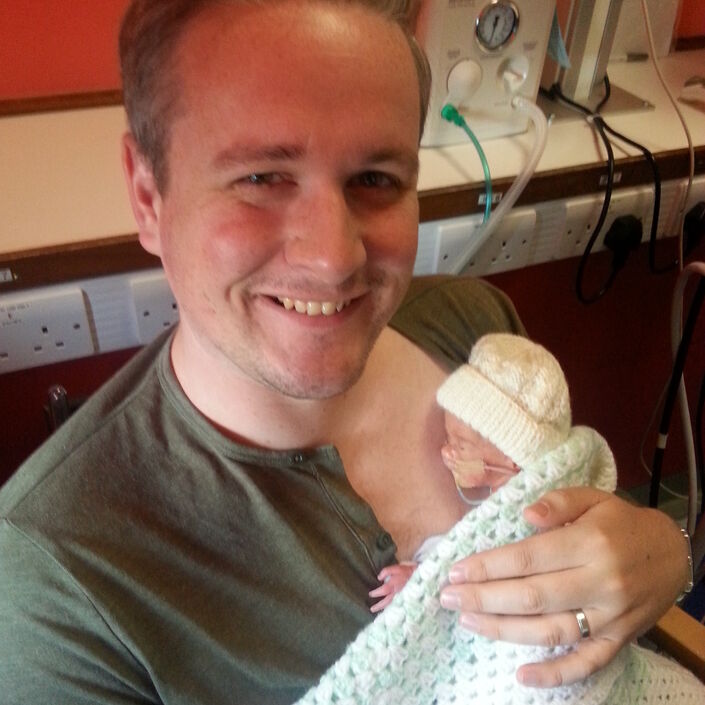My twins were born traumatically at 32+6 weeks and heartbreakingly Henry died aged one month old. You can read more about my family’s experiences here.
When you go through the unimaginable tragedy of losing a child, you need your loved ones support for the rest of your life. But many people you know, quite understandably, just don’t know what to do in the face of such insurmountable loss and worry they could make things worse. Some even avoid the whole situation, but believe me that is not helpful. I’m yet to meet or read about anyone whose child has died who does not want their child spoken about.
Everyone experiences grief differently but I’ve written the advice below based on my personal experience of losing Henry. I hope that it will help those reading this who are supporting a loved one who is going through this bereavement.



